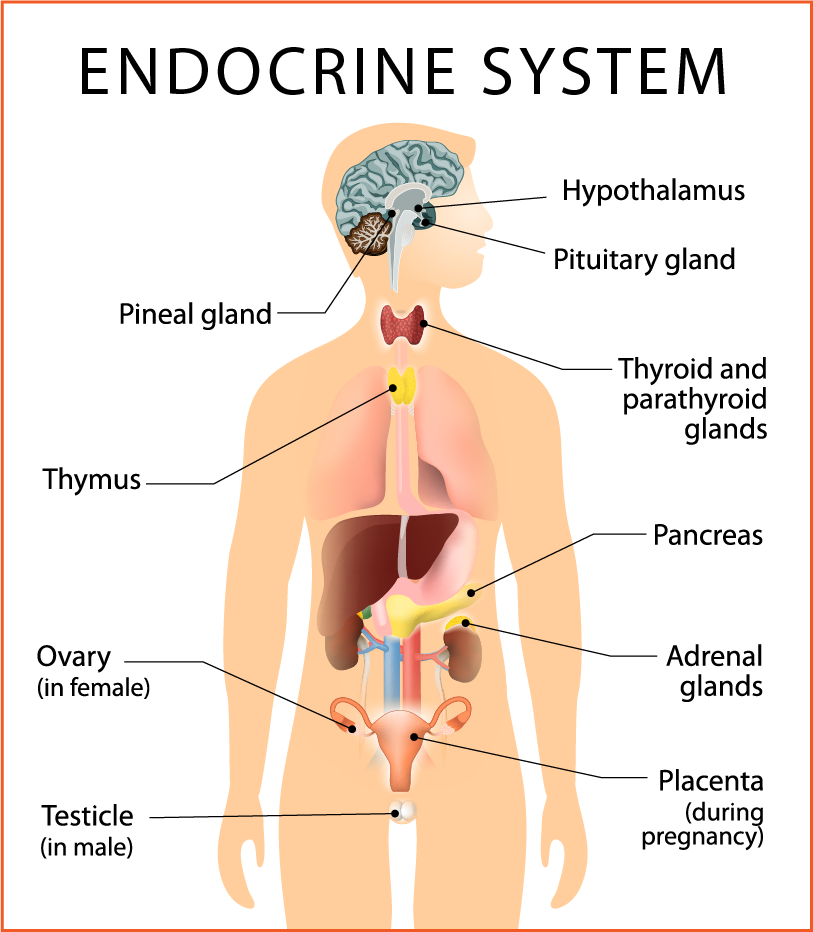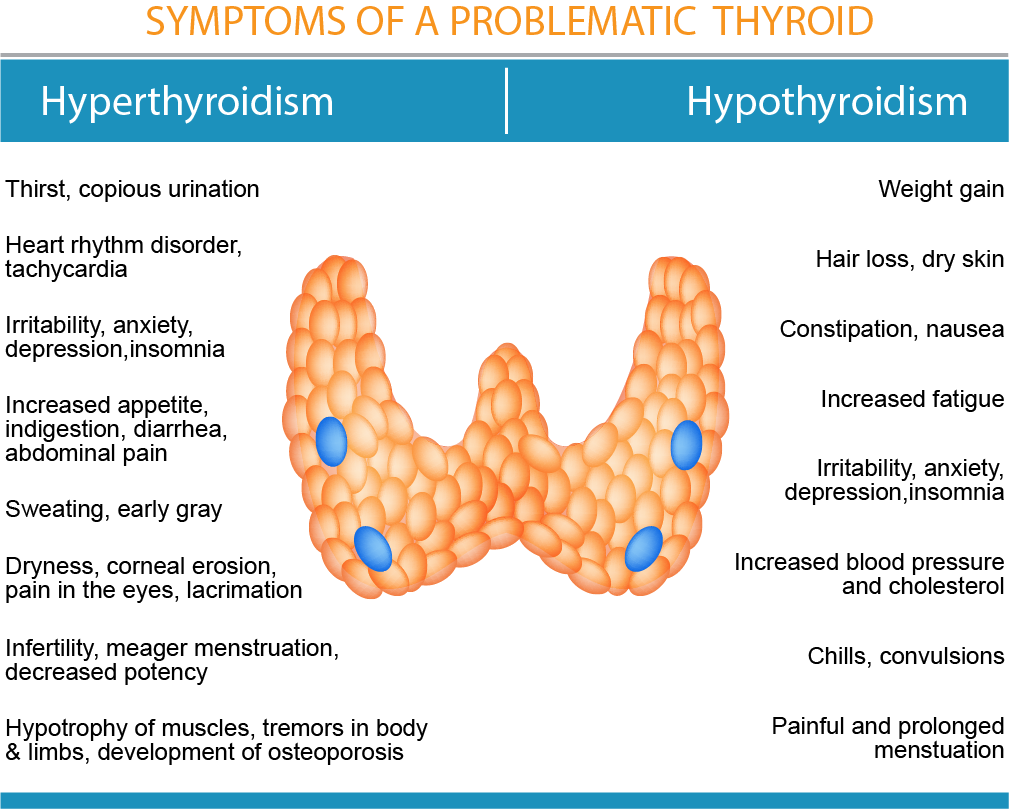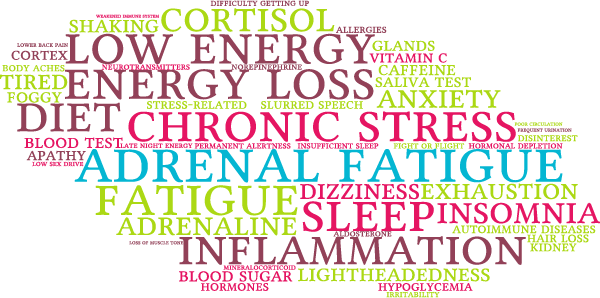 Thyroid and Adrenal function are intimately related as they are part of the same system – the endocrine system. The endocrine system is the collection of glands that produce hormones that regulate metabolism, growth and development, tissue function, sexual function, reproduction, sleep, mood, and blood sugar balance.
Thyroid and Adrenal function are intimately related as they are part of the same system – the endocrine system. The endocrine system is the collection of glands that produce hormones that regulate metabolism, growth and development, tissue function, sexual function, reproduction, sleep, mood, and blood sugar balance.
The glands within the endocrine system include the hypothalamus, pituitary and pineal glands located in the brain; the thyroid, parathyroid, thymus and adrenals glands; the pancreas, ovaries and testes. During pregnancy, the placenta is also considered a part of the endocrine system.
The pancreas has both endocrine and exocrine function. The exocrine function of the pancreas produces enzymes to support digestion of fats, proteins and carbohydrates. The endocrine function of the pancreas produces insulin and glucagon to regulate blood sugar.
To keep the entire endocrine system functioning optimally, we need to start with a healthy diet and keep blood sugar well-regulated. Poor glucose management stresses the entire system resulting in disorders that can present as sex hormone imbalances, fatigue, infertility and mood instability.
Outside of the sex hormones produced by the ovaries and testes, the thyroid and adrenal glands receive the most attention in terms of testing and treatment options. We can easily measure thyroid hormones and thyroid antibodies with a simple blood test. We can also measure cortisol output from the adrenals through salivary or dried urine testing to assess the health of the HPA (hypothalamic-pituitary-adrenal) axis.
Thyroid dysfunction can occur in the presence of environmental toxins, autoimmune attack, sex hormone imbalances and nutrient deficiencies. Adrenal disorders or HPA axis dysfunction can occur due to chronic stress, blood sugar dysregulation, infections, allergies and sleep disorders. Treatment of thyroid and adrenal/HPA axis dysfunction involves dietary modification, improving sleep quality and quantity, identifying stressors, supporting energy production at the cellular level and hormone support through specific nutrients and botanical medicine.
Evaluating thyroid and adrenal/HPA axis function is part of any thorough Functional Medicine work-up.
Thyroid Function and Symptoms Associated with Hypothyroidism and Hyperthyroidism

The thyroid gland regulates metabolic rate, heart rate, body temperature, motility and digestion, contraction of muscles, replacement of old cells and influences hormone levels and menstruation in women.
The most common cause of hypothyroidism is Hashimoto’s Thyroiditis which is an autoimmune condition causing damage to the thyroid gland inhibiting its ability to make adequate thyroid hormone. Other causes of hypothyroidism include radioactive iodine treatment for hyperthyroidism, thyroid removal and radiation treatment for cancer.
Nutritional deficiencies can also contribute to hypothyroidism. Low levels of iodine, selenium, zinc, tyrosine and ferritin can inhibit the production of thyroid hormones.
Adrenal/HPA Axis Dysfunction
“Adrenal Fatigue” is a simplistic term used to describe HPA axis dysfunction. This primarily came about because we can easily measure the hormones produced by the adrenal gland as a measure of the function of the HPA axis. HPA axis dysfunction has many symptoms that resemble thyroid disorders which is why it is so important to test appropriately. Salivary or dried urine testing is the best option for assessing the HPA axis. HPA axis dysfunction is, as it implies, a dysregulation of the HPA axis due to chronic stressors.
 HPA axis dysfunction develops when our metabolic reserve is tapped out. We can no longer respond effectively to our daily stressors and cortisol values begin to decline.
HPA axis dysfunction develops when our metabolic reserve is tapped out. We can no longer respond effectively to our daily stressors and cortisol values begin to decline.
The initial response to a stressor is the stimulation of the HPA axis resulting in increased output of cortisol, however, if the stress is unrelenting, the HPA axis will down-regulate and reduce its output of cortisol and other adrenal hormones as a means of self-preservation. We are not meant to exist in a constant state of “fight-or-flight.”
Addressing endocrine imbalances with an Integrative and Functional Medicine reveals the underlying causes of dysfunction allowing us to offer the most effective therapies as well as offering to support improved function. Thyroid and adrenal dysfunction often underlie many chronic and progressive diseases and addressing these imbalances is one of the first steps in resolving chronic conditions.




